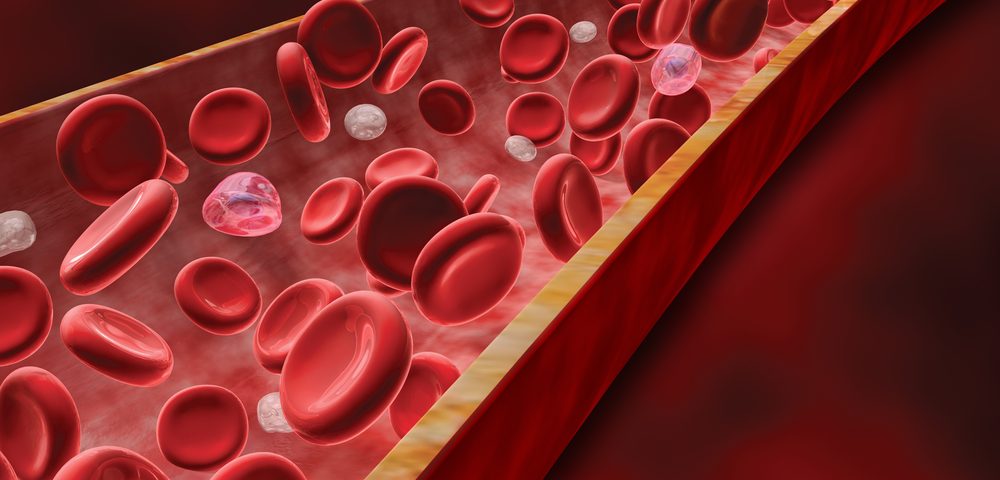An analysis of metabolites, or the chemical processes in cells, of endometrial tissue samples in women with endometriosis identified changes in five amino acids.
Deregulated levels of the amino acids, the building blocks of proteins, in the tissue correlated with levels of the amino acids in patients’ blood, suggesting their potential as biomarkers to help diagnose endometriosis without surgery.
The study with those findings, “Metabolomics reveals perturbations in endometrium and serum of minimal and mild endometriosis” was published in the journal Scientific Reports.
Researchers set out to investigate whether endometrial tissue shows differences in metabolic profiles. Metabolomics — a strategy that identifies metabolite changes in cells — may help researchers better understand the mechanisms of disease and help identify biomarkers.
The scientists performed a metabolomics analysis with a technique called 1H-NMR (proton nuclear magnetic resonance) in tissue and blood samples from 95 women with endometriosis, with disease stages varying from 1 (minimal) to 4 (severe).
As controls, they recruited healthy women undergoing a surgical procedure for permanent sterilization.
Blood and tissue samples were collected from the study and control groups during the mid-secretory phase of their menstrual cycles.
The analysis identified that the levels of an amino acid called taurine, whose expression is normally abundant in various mammalian tissues, and a metabolite called myo-inositol were particularly high in the tissue of advanced cases of endometriosis. Levels also were associated with the higher proliferation detected in endometriotic lesions and showed a positive correlation with women’s revised American Fertility Society (rAFS) scores. Findings support a potential role for these metabolites in endometrosis progression.
The levels of several amino acids were found deregulated in tissue of women with endometriosis, and at various stages of the disease, compared to healthy controls. These included changes in glutamine and glutamate observed in stages 2 and 3 of endometriosis.
“Both glutamine and glutamate are glucogenic amino acids and are considered to be vital for maintenance of cell function,” researchers wrote.
The levels of four amino acids — alanine, lysine, phenylalanine and leucine — were significantly lower in women with endometriosis relative to healthy controls, which may be the result of increased breakdown of proteins in endometriosis lesions, they said.
The findings identified five serum (blood) amino acids — proline, alanine, lysine, phenylalanine and leucine — as potential markers for endometriosis diagnosis since their levels also were deregulated in the blood samples of endometriosis patients.
“For Stage I diagnosis alanine was found to have 90% sensitivity (true positives) and 58% specificity (true negatives),” the study found.
Overall, “five serum amino acids, proline, alanine, lysine, phenylalanine and leucine were found to be suitable for endometriosis diagnosis. Future studies will focus on the validation of these results in larger cohorts of patients,” the study concluded.

